This is a throwback post to this past summer when I went to Kew Gardens to see Dale Chihuly's glass sculptures on display: Dale Chihuly at Kew Gardens: "Reflections on Nature". I've only been to Kew Gardens twice before (and once of those was for the holiday lights when they first started to do them), but I did not get much time to look around and did not see much of the gardens at all. On this visit, I spent several hours at Kew Gardens and had a quick look around most of it, though I would love to go back to see what I rushed through.
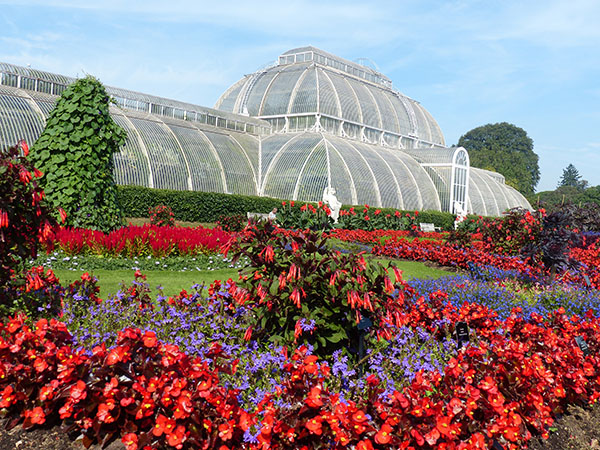
First up is one of the buildings I've already spent a lot of time in previously, the Palm House. I spent a lot of time admiring the beautiful flower gardens in the front of it. Rose gardens (which were over when I visited) are located on the other side.
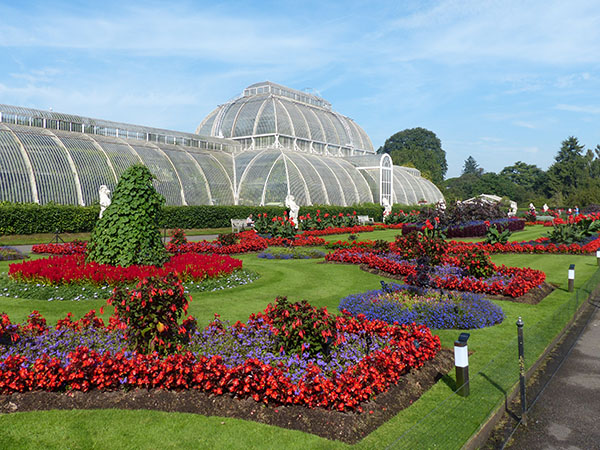
I had previously visited the Tree-Top Walks, so I did not do this on this visit. The Tree-Top Walk lets visitors get up and personal in the canopy of the trees.
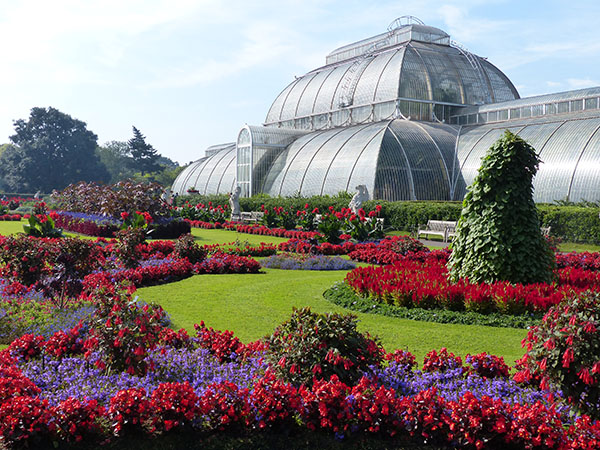
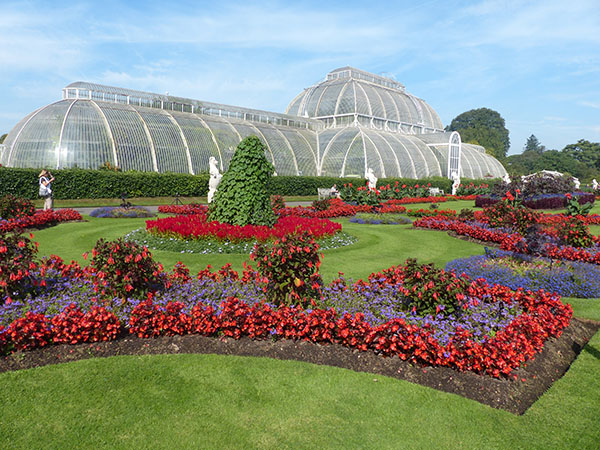
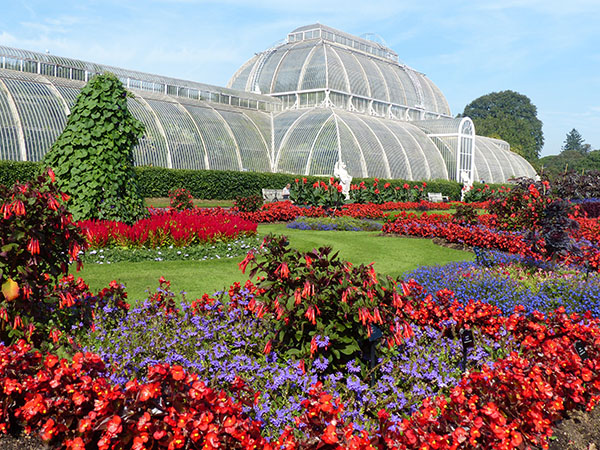
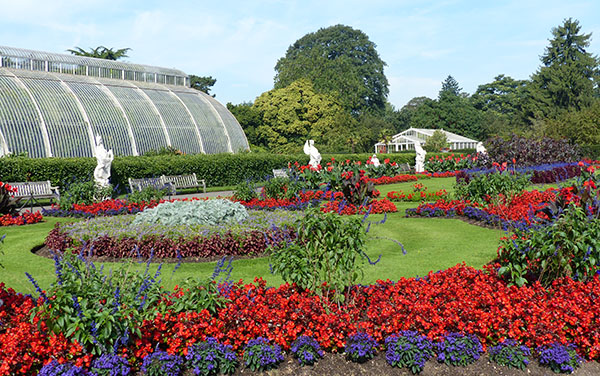
I also visited the Marianne North Gallery of botanic art, which was fascinating, but photographs were not allowed. The gallery of Marianne North contains over 800 paintings from her world travels, covered floor to ceiling in two main rooms of the gallery. The gallery was left with Kew on the condition that the layout of the paintings were not altered at all, and it's the only permanent exhibition dedicated to one woman. I really enjoyed seeing the artwork here and thought it was very good! I was impressed that she managed to go visit so many countries, especially countries "off the beaten track", especially in the 1800s.
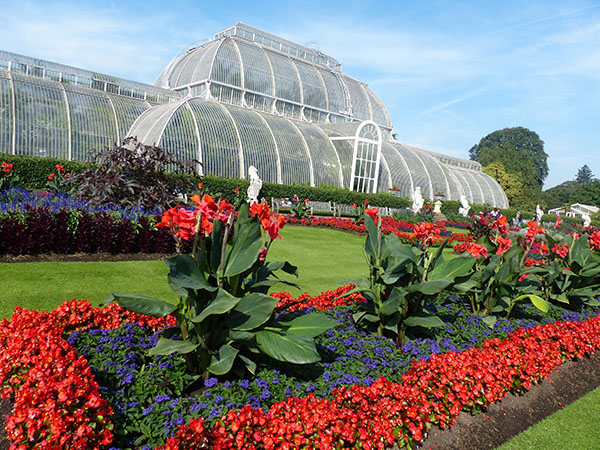
The Waterlilly House (pictured below) was a repeat visit for me. It contains a pond with various plants that enjoy the humidity. It was a very humid environment in this house.
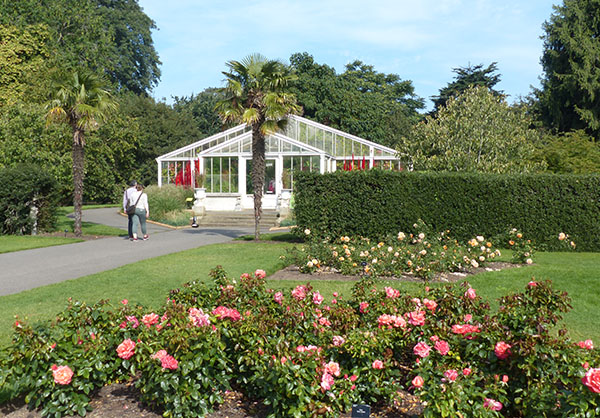
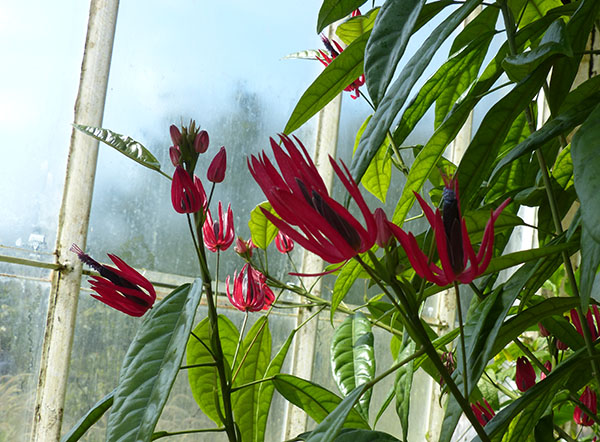
The interior of the Palm House is below.
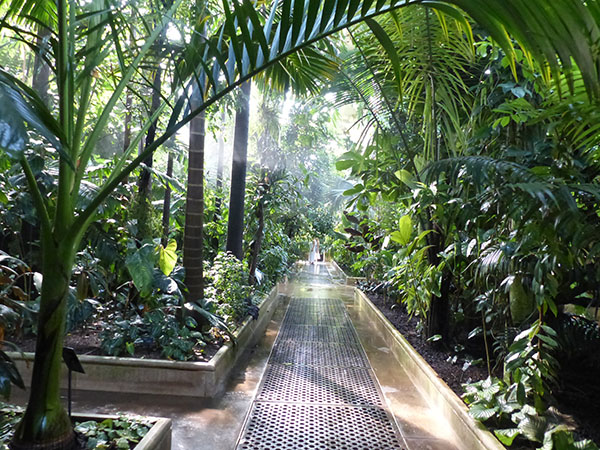
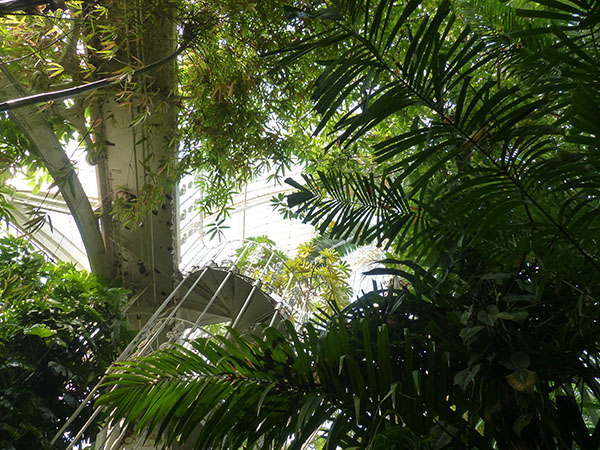
I even managed to capture some bananas, which you can see in the below photograph.
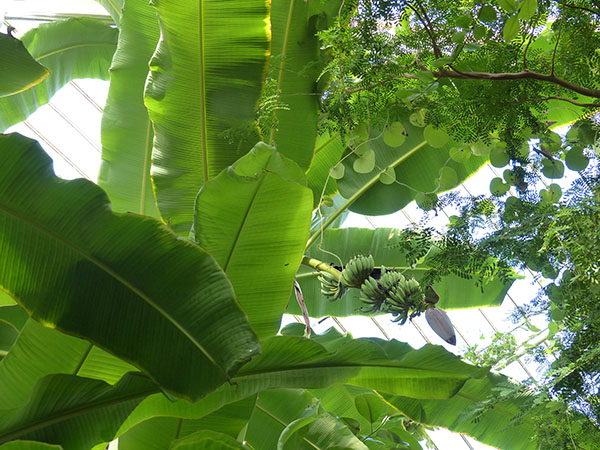
King William's Temple was a building that I had walked past on previous visits, and I went inside it this time. It's just a large room inside without anything to see. The building itself looks attractive set in the gardens, and it borders Mediterranean gardens.
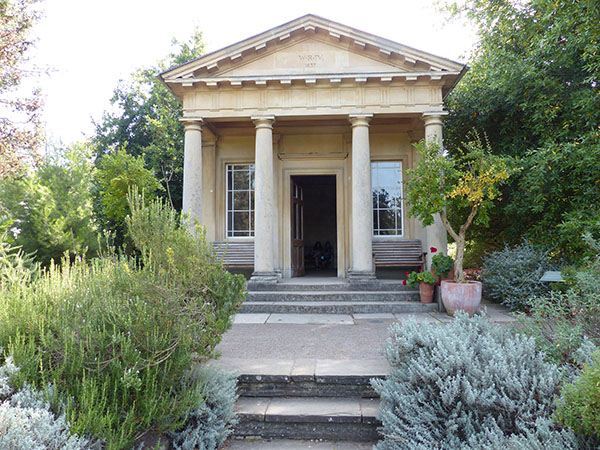
The olive trees in an oliver grove make up part of this Mediterranean garden.
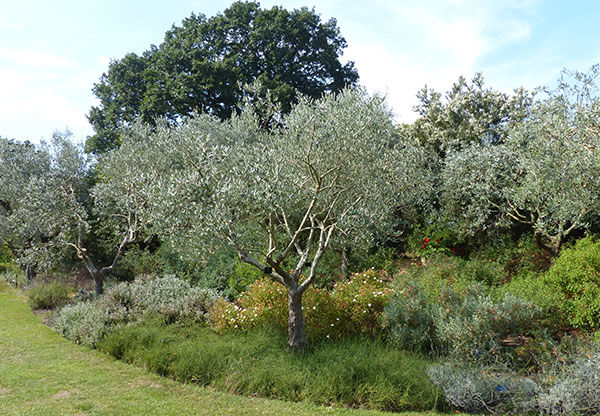
The Temperate House was one of the buildings that I had not been in before, and it included a lot of tropical and sub-tropical plants throughout the different sections of the building.
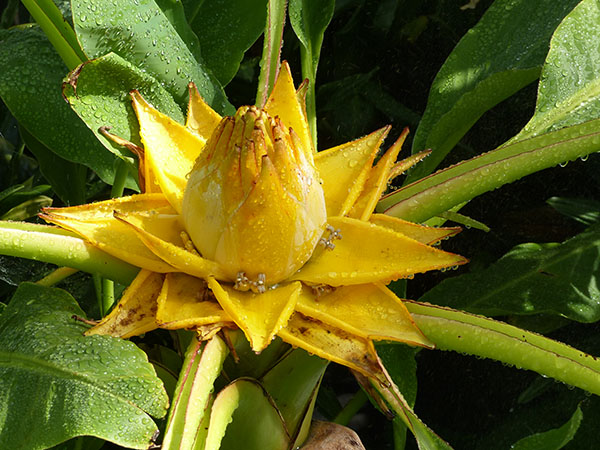
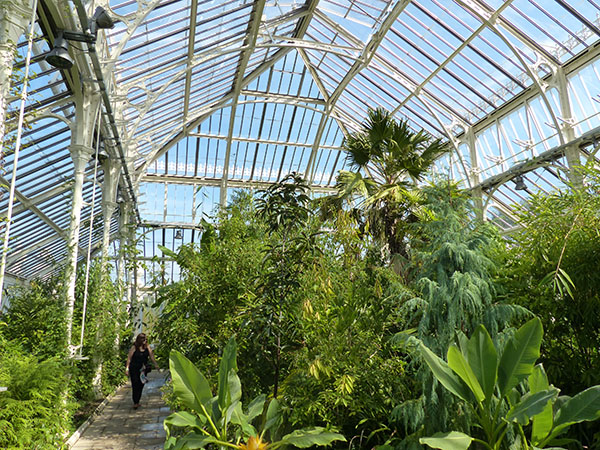
I saw oranges.
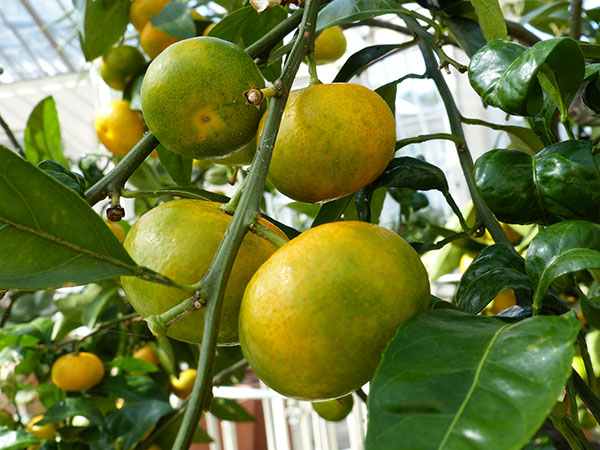
I loved these colourful flowers in pots.
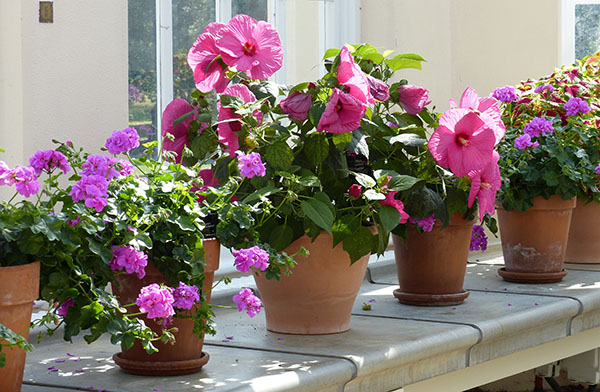
The middle of the Temperate House helps to see the large size of it.
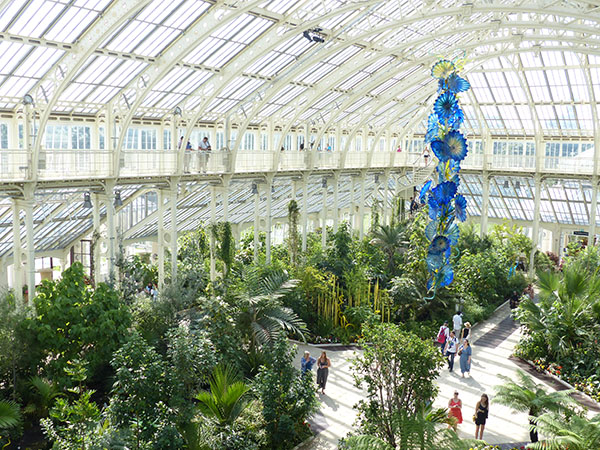
This is the exterior (below).
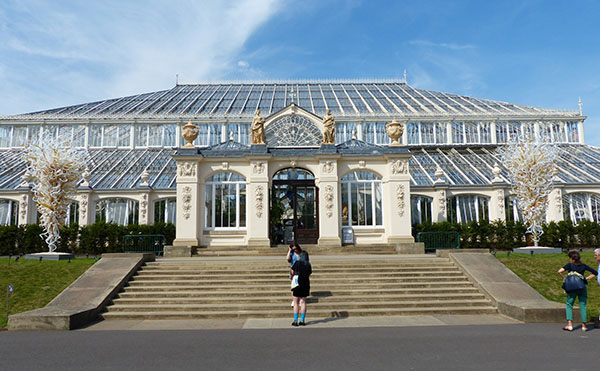
On this side of Kew Gardens is the famous pagoda, a building that can be climbed to the top. It's a building that I had not seen up close until this visit, but I did not visit it. I will save that for another day. It was quite a warm day with a lot of walking, and I did not fancy walking up all of those steps and killing my legs.
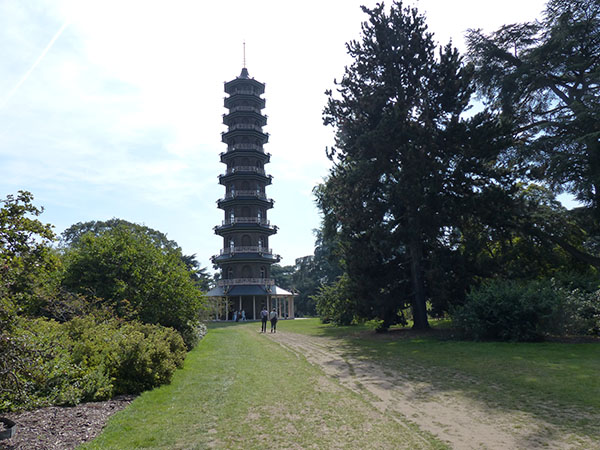
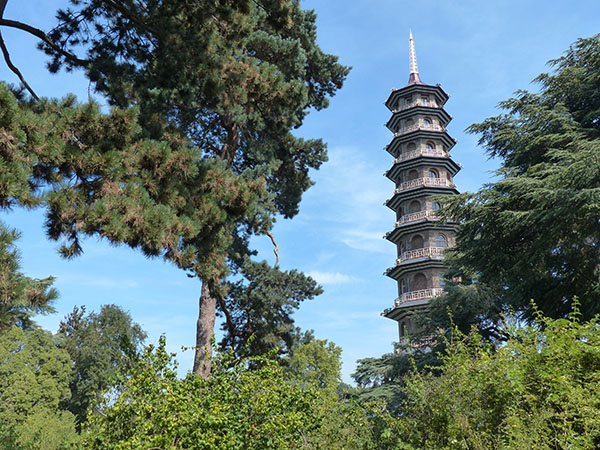
Also on this side of Kew is the Japanese Gateway, a reconstruction of a traditional Japanese garden.
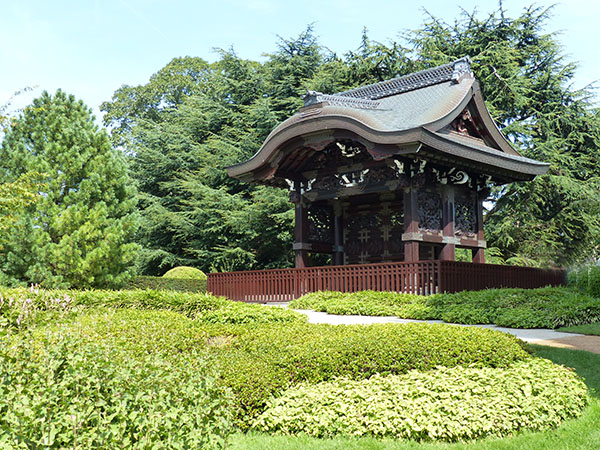
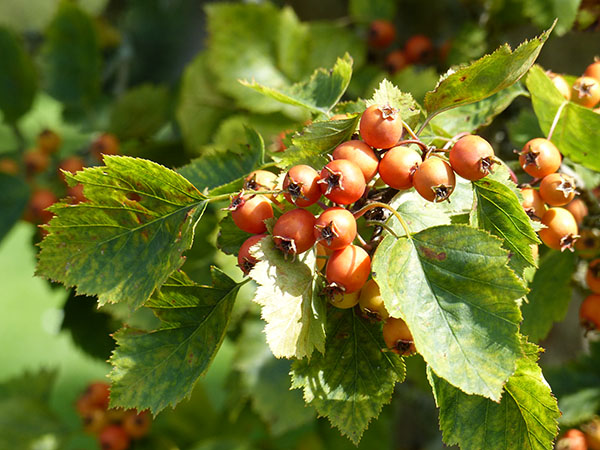

A short walk away is the Ruined Arch (pictured below).
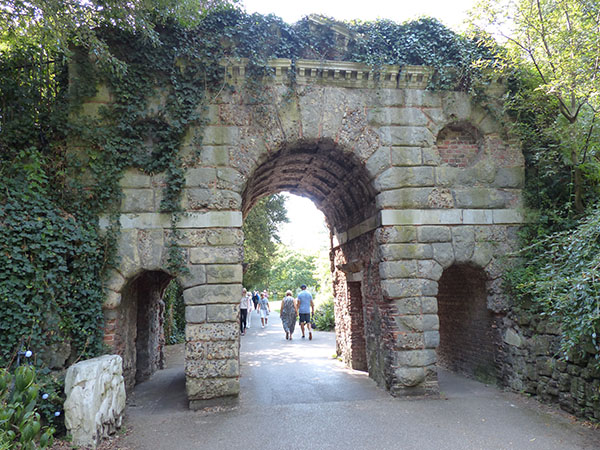
I had lunch near here. I had chicken, and it came with two sides. I had the chips and macaroni and cheese. There are a few restaurants and cafes dotted around Kew Gardens for visitors. Note that the prices are a little bit expensive here, but I would say the ingredients are good quality.
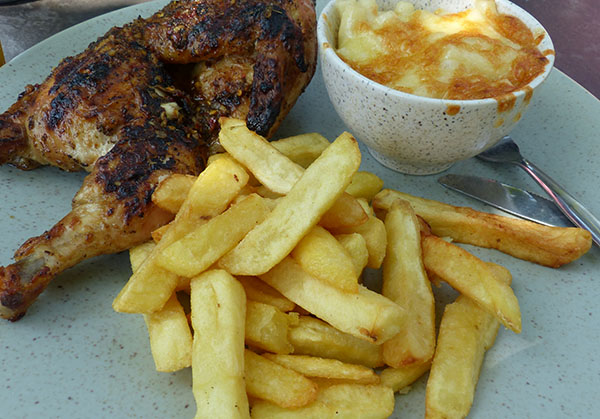
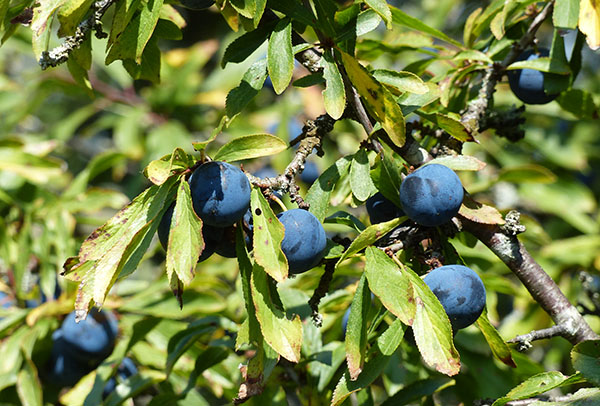
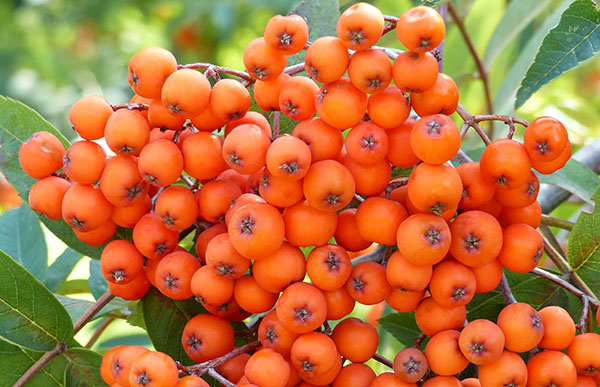
I visited Queen Charlotte's Cottage before continuing to the north-eastern part of Kew Gardens. I have a separate post about the cottage: Queen Charlotte's Cottage, Kew Gardens. The north-eastern side borders on the river Thames, which is not very wide on this side, and there is a walking and cycle trail bordering it. On the opposite bank is Syon House and gardens.
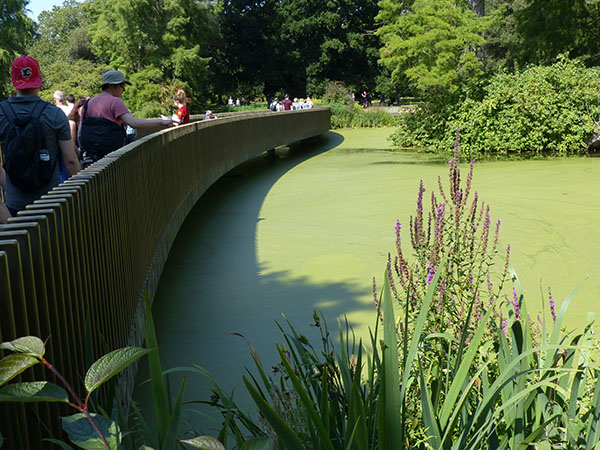
I then returned back to the southern part of the gardens to visit the south-eastern side, a part of Kew Gardens which I have not been before. I walked across Sackler Bridge, which is a steel-like structure that arches in the middle.
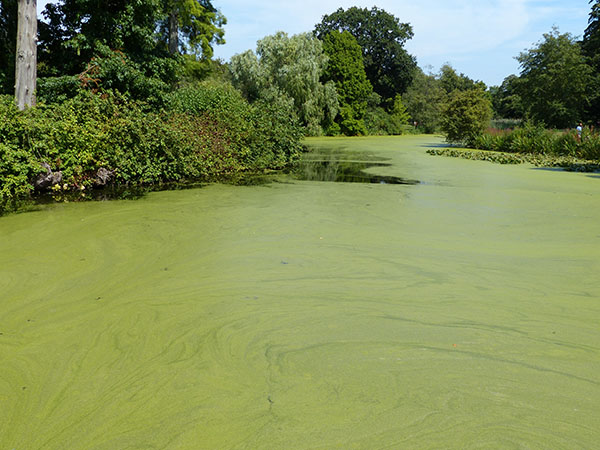
I came upon Minka House, located in a grove of bamboo. It is one of the newest additions of Kew Gardens from the Japanese festival in 2001; the building dates from 1900 and was moved from Japan to be placed here.
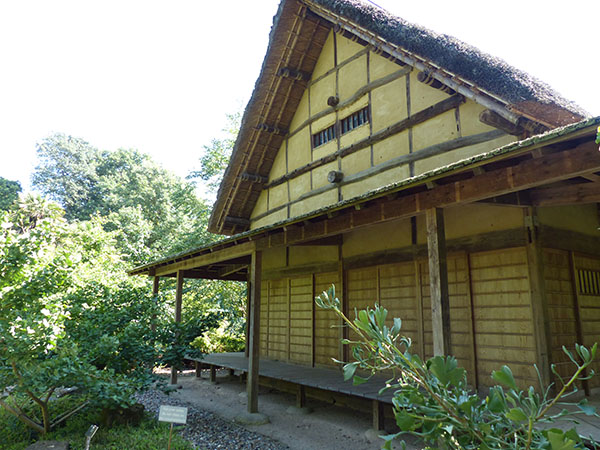
Next up, I went to the Kew Palace and the Georgian Kitchens (A Visit to Kew Palace and Kew Palace's Kitchens), located on the eastern part of Kew Gardens. I had never been to this part of Kew Gardens before, but I have included another post about Kew Palace and the Georgian Kitchens.
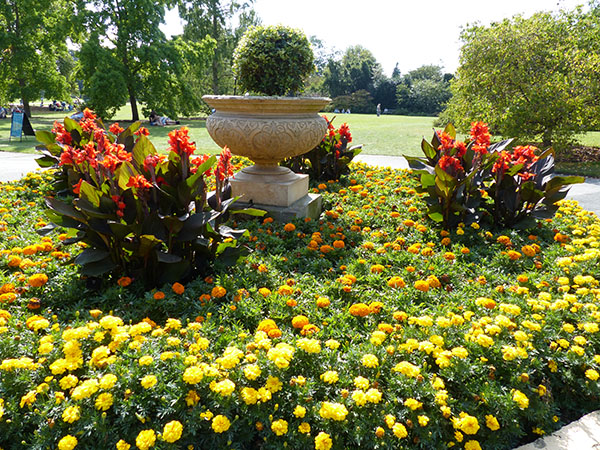
A nice and quiet part of Kew is Cambridge Cottage. It has a small flower garden. There's also some other buildings and gardens near-by that I did not really get to visit.
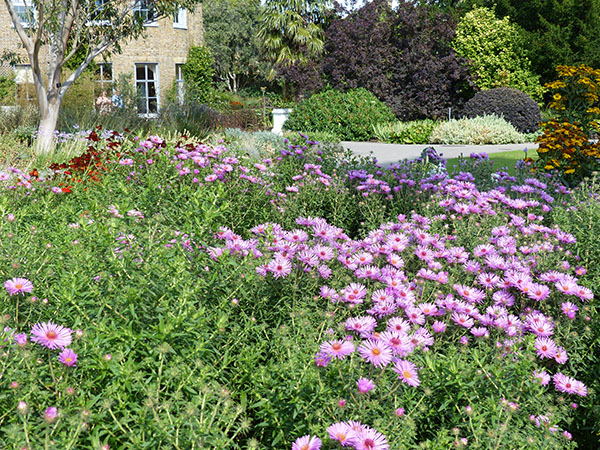
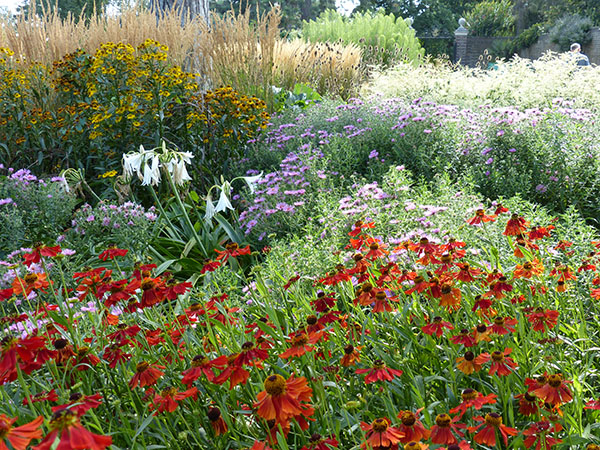
Princess of Wales Conservatory was a building that I walked into, but I was hot and tired, so I did not explore it much. I plan to visit this side of Kew Gardens on my next visit.
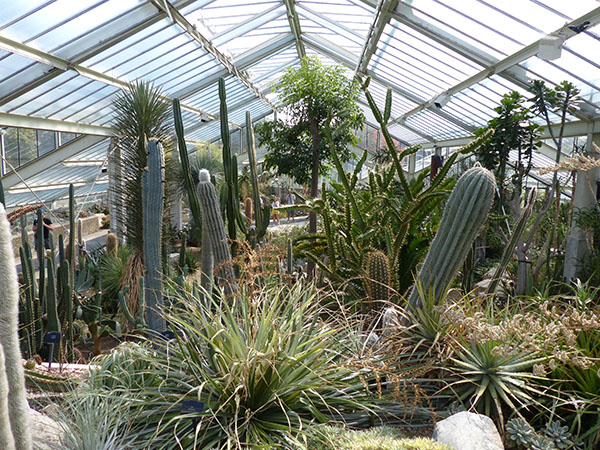
This is a view of Alpine House, which I took a photograph of but did not walk inside.
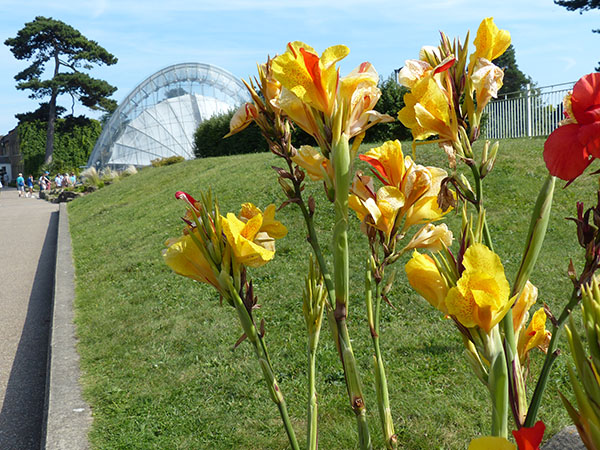
The Rock Gardens are another stop, and they had fountains.
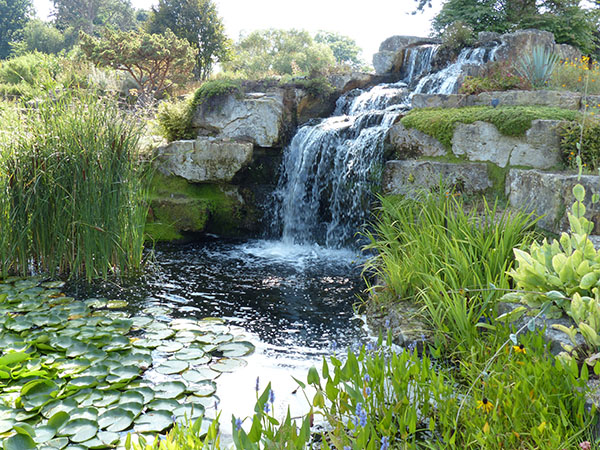
This is a part of the expansive (and busy) garden located near the Rock Gardens. This is also on my to-do list on my next visit.
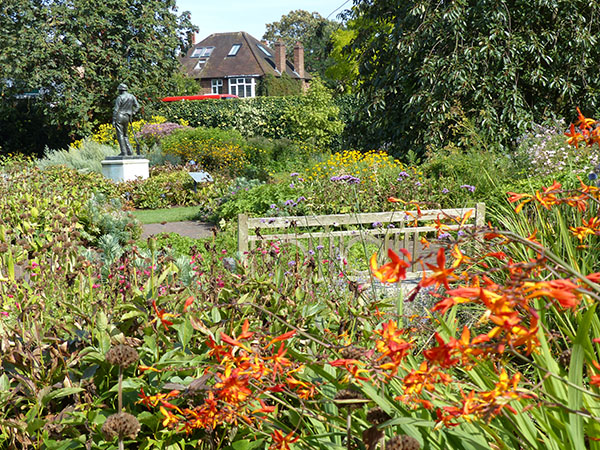
And that was a fleeting discovery of Kew Gardens. Kew Gardens is a huge place to explore and should not be under-estimated. I would try to stick to one part of the gardens in order to get much more out of it, and wear sensible shoes and plan what you are going to do for the day. Each part of the gardens has its own refreshments area, so you will have something near-by if you need food or drink. Also, Kew Gardens changes with the seasons, so there is bound to be something to do and see no matter when you visit, and the time of the year will help you to plan your day.
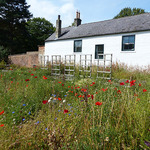
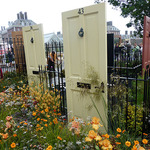
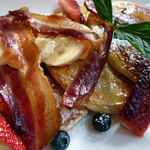
Leave a comment